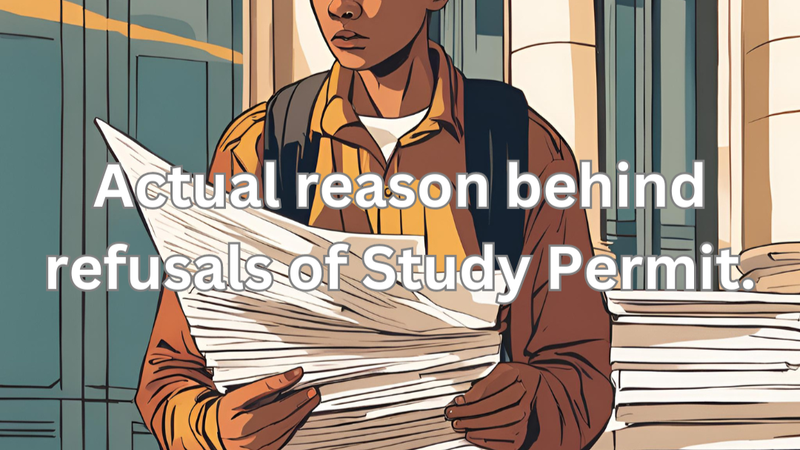Asking Canada for protection because you don’t feel safe in your own country is known as claiming asylum. “Claim asylum” means requesting refugee protection.
Claims can be made in two ways:
1. Claiming refugee protection (asylum) at the border
2. Claiming refugee protection (asylum) from within Canada
Online application method
Either you make a claim at border (Land crossing or at airport) or you are already in Canada and want to make a claim you must complete online application through IRCC Portal. If you make the online application online you must create an IRCC portal using your email address. In this case you need to have access to your email since all the communication will be sent to the email linked with your IRCC portal. If you miss communication from IRCC/IRB and fail to fulfill the request made by IRCC/IRB on time, then your case might be cancelled or delayed. So, always provide up to date contact information to IRCC/IRB with all email, phone numbers and mailing address.
Alternatively, if you have a regulated Canadian immigration consultant (RCIC-IRB) or Lawyer who will make an application for you then, they have their own IRCC portal to make online application. In the event all the communication will be sent to your authorized representative. Since your representative will be forwarding to you all the communication received from IRCC/IRB, you must provide up to date contact information for your authorized representative. Your authorized representative further updates your information at IRCC/IRB as requirement.
Application by Unauthorized Representative
Most of the time, new claimants don’t know anything about the location they’re entering and only speak their native tongue. They don’t come across immigration experts or attorneys but instead look for someone in their community who can assist them. The new claimant meets someone who can translate their language into English or French by the recommendation of someone in their community. Mostly unauthorized agents are involved in this situation, they work on behalf of the claimant and submit online applications by setting up the IRCC portal in the claimant’s name. The IRCC portal, which is made on their behalf, is rarely known to claimants. Even though the email used to create the IRCC portal is not accessible to claimants, claimants will miss communication from IRCC/IRB. Since the claimant will not get the letters from the IRCC or IRB, even the mailing address listed on the application might not belong to the claimant. These unauthorized representatives try to keep all the communication channels within their control so that they will be able to charge for each communication by misleading the claimants.
Claimants are afraid to make complaints because they think that it may hamper their case. Second thing, due to the communication difficulties they hesitate to visit any regulated consultant of lawyers directly.
Consequences of unauthorized representative
Due to the huge influence of the unauthorized representatives’ claimants are facing the abandonment of the claim, since the requirements are not fulfilled on time. This might put you at risk of removal order or the removal order that you received on border starts triggering.
Always, Consult the authorized representative to keep your application on track and avoid any delays or negative impact on your application. You can find an authorized representative who can speak your language, or they arrange a translator or refer to the one who speaks your language, book a consultation and understand the process.



